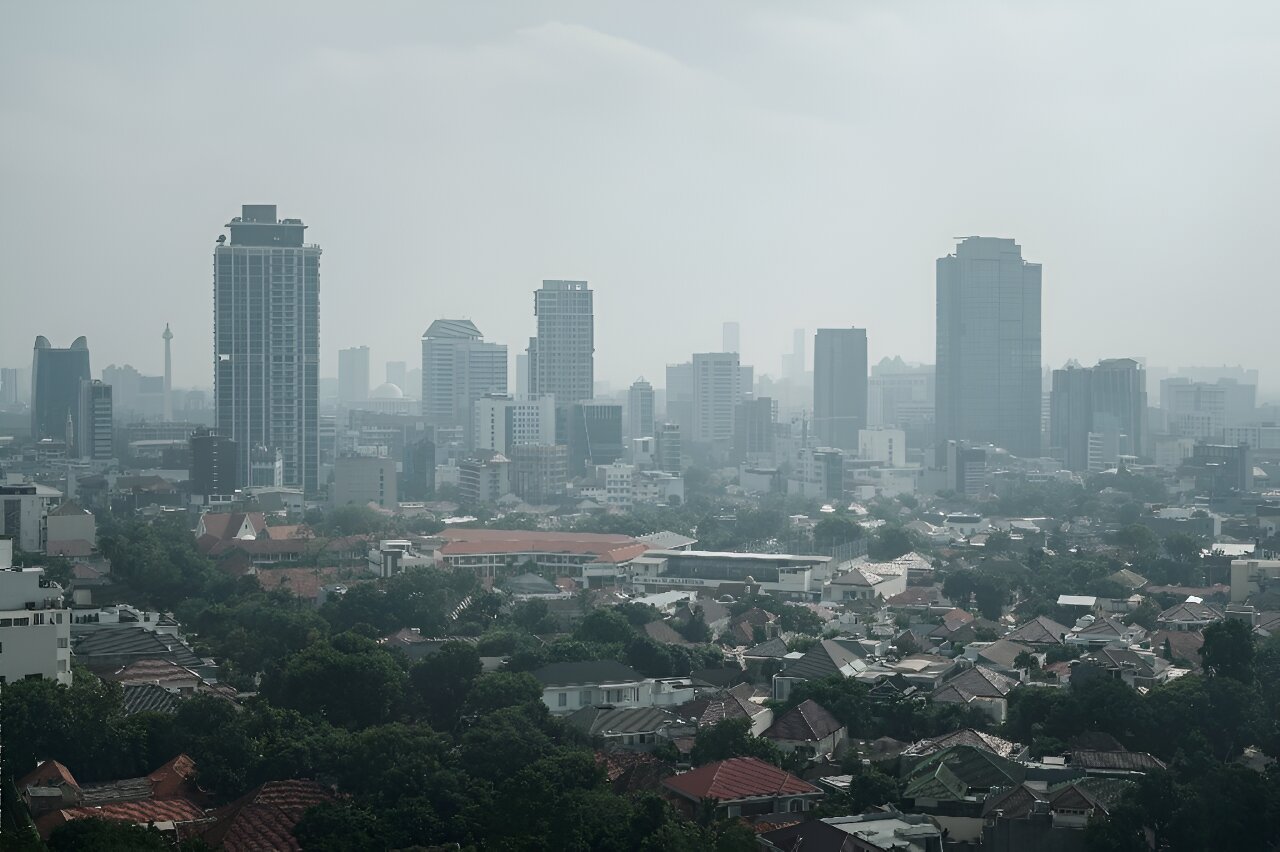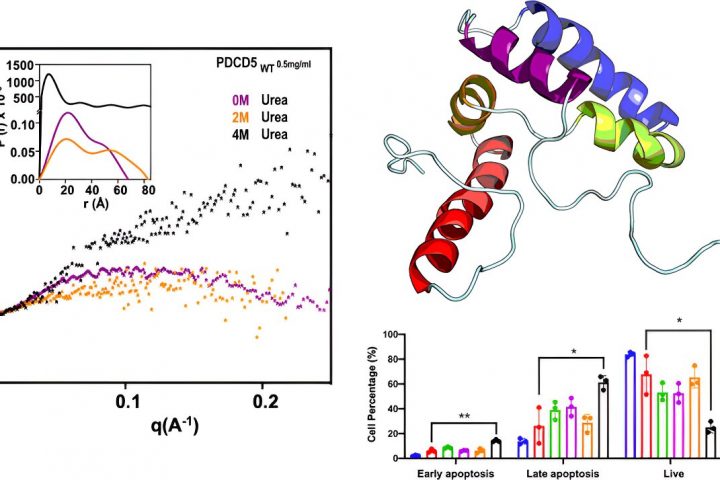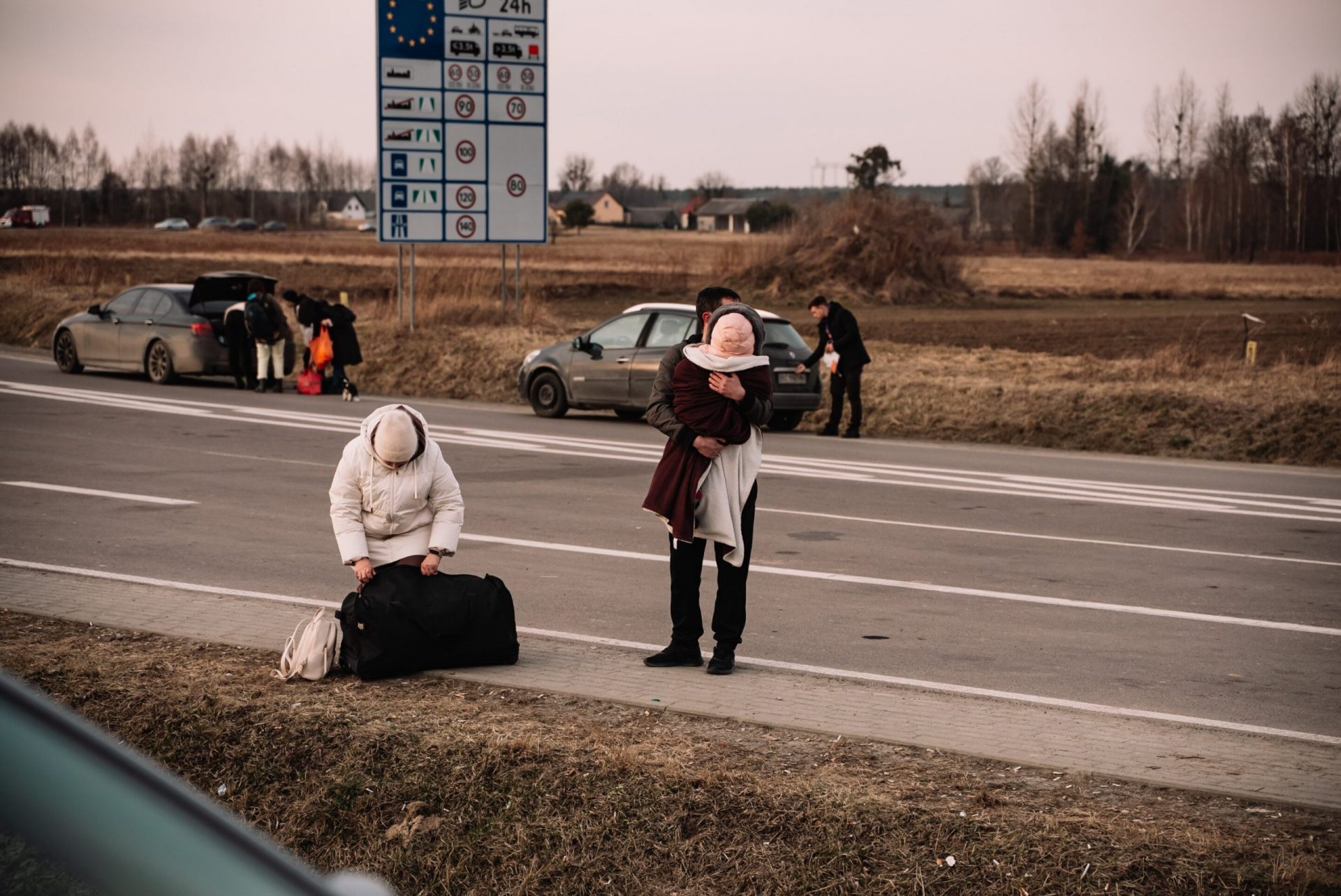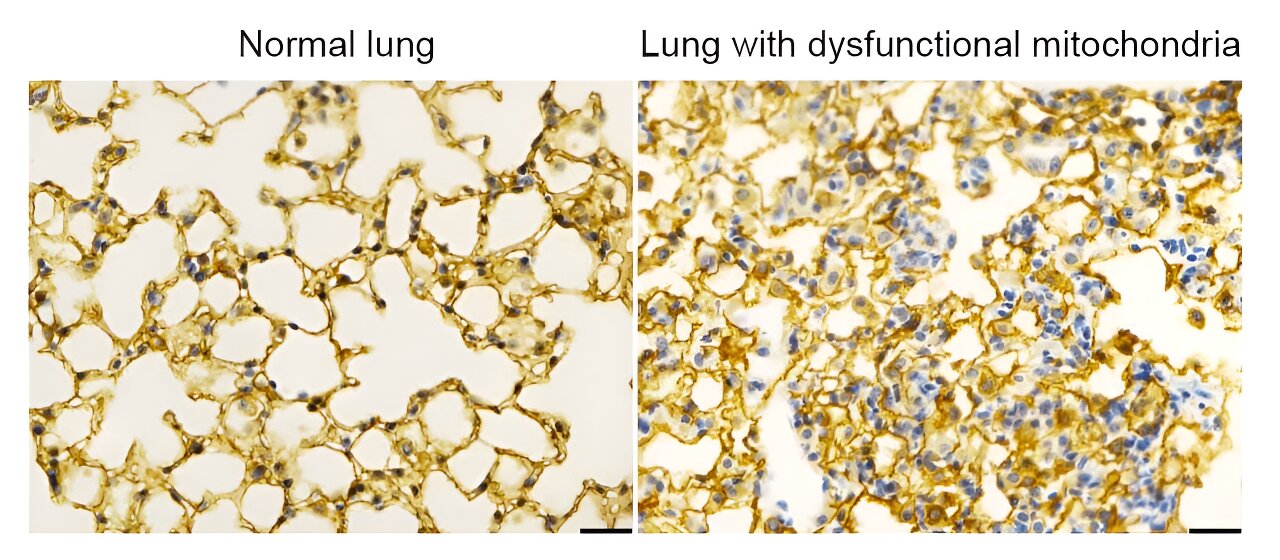Prepare to be shocked: Jakarta, the capital of Indonesia, has claimed the unfortunate title of the world’s most polluted major city. Despite the alarming levels of toxic smog, authorities have failed to effectively address the issue, leaving the city grappling with this hazardous problem.
Air pollution is a global crisis, contributing to an estimated seven million premature deaths each year. The United Nations has identified it as the single biggest environmental health risk.
Jakarta, with its population of approximately 30 million people, has surpassed other heavily polluted cities like Riyadh, Doha, and Lahore in terms of its concentration of PM2.5 particles. This has earned Jakarta the top spot in Swiss company IQAir’s pollution ranking for major cities, a position it has held since Monday, according to an AFP tally.
The city consistently records “unhealthy” levels of PM2.5, which can cause respiratory problems when inhaled. These levels far exceed the World Health Organization’s recommendations.
President Joko Widodo has acknowledged the severity of the issue and plans to address it by reducing Jakarta’s burden. The government also aims to complete a metro train network to alleviate pollution.
Residents have expressed their distress, as the pollution from industrial smog, traffic congestion, and coal-powered plants takes a toll on their health and quality of life. Anggy Violita, a 32-year-old office worker, shared her experience of constantly wearing a mask and her family falling ill due to the pollution.
In 2021, a court ruled in favor of activists and citizens who filed a lawsuit against the government, holding Widodo and other officials accountable for neglecting their duty to protect residents from the city’s notorious air pollution.
While Indonesia has made commitments to stop building new coal-fired power plants by 2023 and achieve carbon neutrality by 2050, the expansion of the massive Suralaya coal plant on Java island continues, despite protests from activists. Greenpeace Indonesia reveals that there are currently 10 coal-fired power plants operating within a 100-kilometer radius of the capital.








